Sorghum Flour | Raw
Original price was: $17.99.$12.99Current price is: $12.99. — available on subscription
Out of stock
Want to be notified when this product is back in stock?
Product Description
16 oz
Sorghum is a gluten-free ancient cereal grain originating from Africa and Australia. Sorghum was first found growing indigenously in these regions over 5,000 years ago and has seen a recent surge in popularity as the number of people diagnosed with Celiac disease and gluten intolerance continues to increase. In America alone, over 3 million people suffer from Celiac disease and millions more with wheat-related allergies.
Ingredients: Ground White Sorghum Grain.
Frequently Bought Together
Customer Reviews
You must be logged in to post a review.
Shop by Category
Find Your Safe Favorites
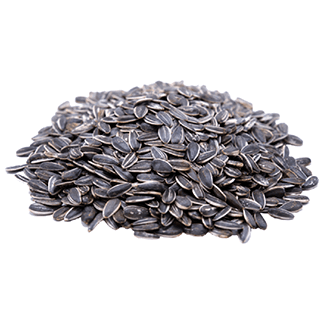
Seeds
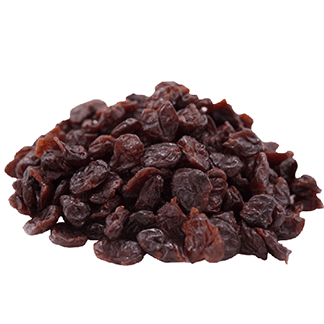
Dried Fruit
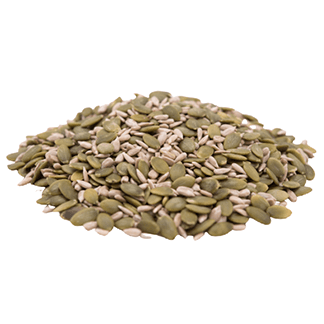
Snack & Trail Mixes

Granola
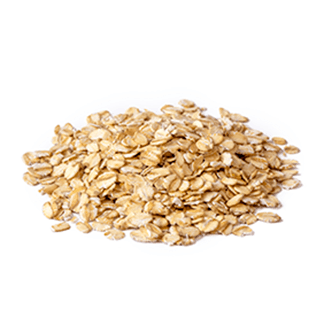
Grains
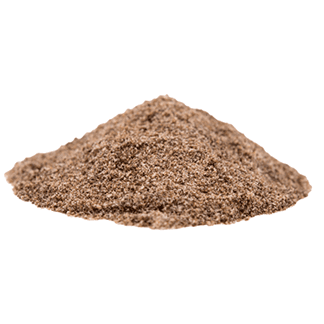








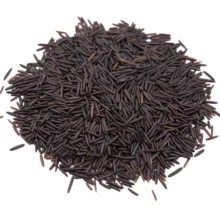



Reviews